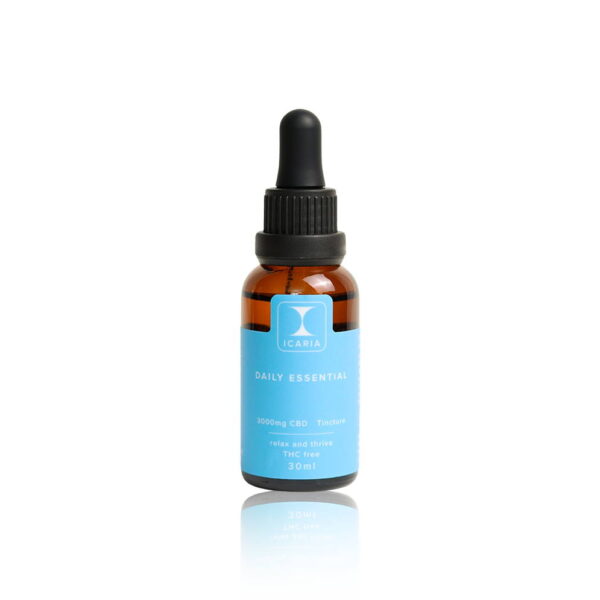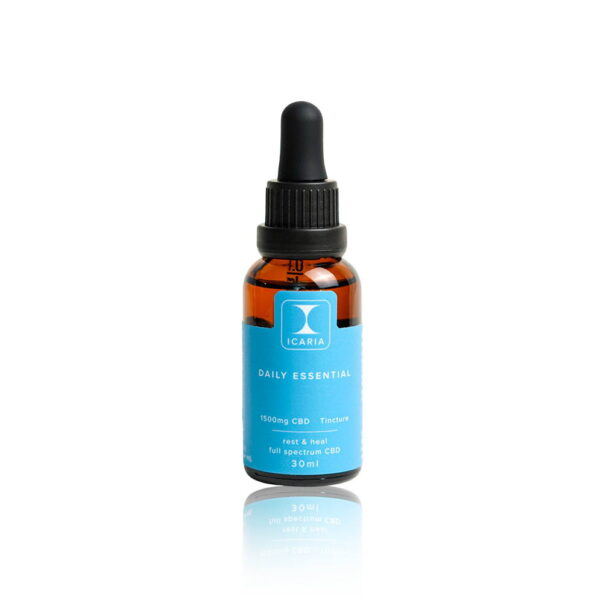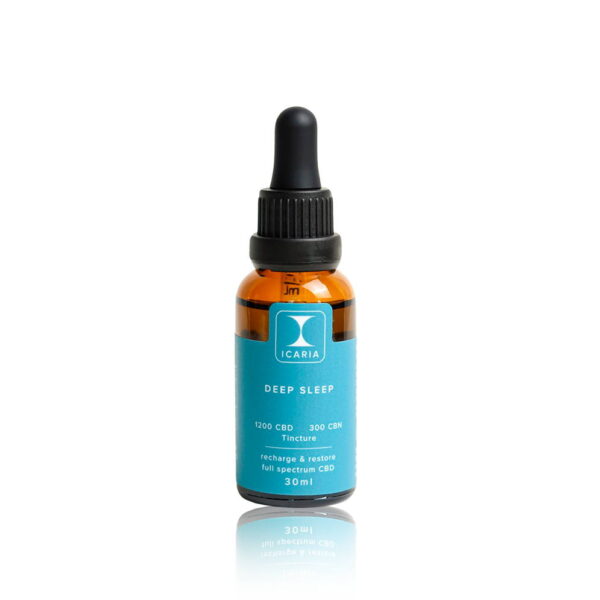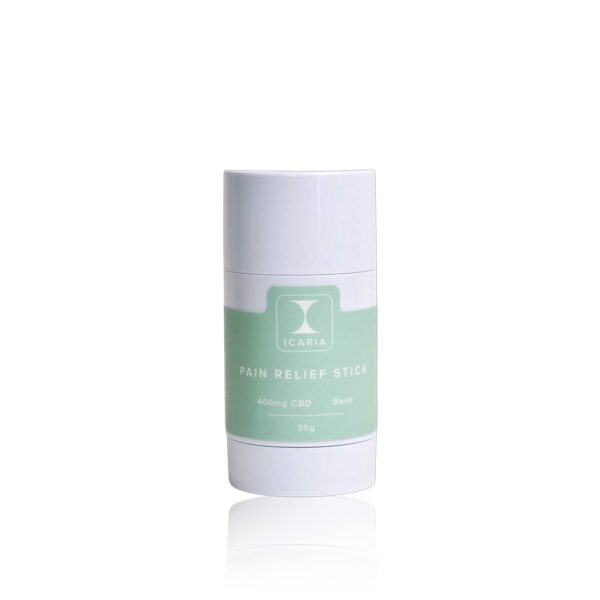Attention Deficit Hyperactivity Disorder (ADHD) affects millions of individuals worldwide, posing significant challenges to both children and adults in terms of attention, impulse control, and hyperactivity. Traditional treatments, while effective for many, often come with a host of side effects that can be difficult to manage. This has led many to seek alternative, more natural remedies. One such alternative that has gained substantial attention is cannabidiol or CBD. This blog post explores how CBD for ADHD might offer a promising natural approach to managing symptoms and improving quality of life.
What is ADHD?
ADHD is a neurodevelopmental disorder characterized by persistent patterns of inattention, hyperactivity, and impulsivity. It typically manifests in childhood, often continuing into adulthood, and can significantly impact academic, occupational, and social functioning. Despite being one of the most common mental disorders affecting children, ADHD remains surrounded by misconceptions and myths, complicating the path to effective management.
ADHD Symptoms
ADHD symptoms can vary widely from person to person but generally fall into three primary categories: inattention, hyperactivity, and impulsivity.
Inattention: Individuals with ADHD may struggle to focus on tasks, frequently lose things, and find it challenging to follow through on instructions. They may also be easily distracted and forgetful in daily activities.
Hyperactivity: This can manifest as constant fidgeting, an inability to stay seated, excessive talking, and an overwhelming urge to move, even in situations where it is inappropriate.
Impulsivity: Impulsive behaviours include making hasty decisions without considering the consequences, interrupting others, and having difficulty waiting for their turn in various settings.
Understanding these symptoms is crucial for recognizing ADHD in oneself or others and seeking appropriate treatment.
3 Myths and Truths about ADHD
Myth 1: ADHD is Just a Childhood Disorder
Truth: While ADHD is often diagnosed in childhood, it frequently persists into adulthood. Many adults who were never diagnosed as children may continue to struggle with the symptoms, impacting their work and personal lives.
Myth 2: ADHD is Caused by Poor Parenting
Truth: ADHD is a neurodevelopmental disorder with strong genetic and biological underpinnings. While environmental factors can influence the severity of symptoms, parenting style is not the cause of ADHD.
Myth 3: People with ADHD Can’t Focus on Anything
Truth: Individuals with ADHD can focus intensely on activities they find stimulating or enjoyable, a phenomenon known as hyperfocus. The challenge lies in maintaining attention on less engaging tasks.
Treatments for ADHD
Traditional treatments for ADHD typically include medication, behavioural therapy, or a combination of both. The most common medications are stimulants such as methylphenidate and amphetamines, which help increase attention and control hyperactive and impulsive behaviours. Non-stimulant medications are also available and may be preferred for those who experience adverse side effects from stimulants.
Behavioural therapies focus on teaching skills to manage symptoms, such as organizational techniques, time management, and strategies to reduce impulsive behaviours. However, these treatments may not be suitable for everyone, prompting many to explore alternative options.
CBD for ADHD: How Does It Work?
Cannabidiol (CBD) is a compound derived from the cannabis plant, distinct from tetrahydrocannabinol (THC), which is responsible for the psychoactive effects of marijuana. CBD is non-psychoactive and has been lauded for its potential therapeutic benefits, including its use in managing symptoms of anxiety, pain, and neurological disorders.
How CBD Interacts with the Brain
CBD interacts with the body’s endocannabinoid system (ECS), which plays a crucial role in regulating mood, pain perception, and cognitive functions. The ECS comprises receptors (CB1 and CB2) found throughout the brain and body. CBD influences these receptors indirectly, promoting balance within the ECS.
CBD’s Potential Benefits for ADHD
- Reducing Anxiety and Stress: Many individuals with ADHD also experience anxiety. CBD has shown promise in reducing anxiety by affecting serotonin receptors in the brain, potentially providing a calming effect.
- Improving Sleep: Poor sleep is common among those with ADHD. CBD’s anxiolytic properties may help improve sleep quality, which can, in turn, reduce ADHD symptoms.
- Enhancing Focus and Attention: Preliminary studies and anecdotal evidence suggest that CBD may help improve focus and attention, although more research is needed to confirm these effects.
- Managing Impulsivity and Hyperactivity: CBD’s potential to promote relaxation and calmness might help manage hyperactive and impulsive behaviours.
Best CBD for ADHD
When considering CBD for ADHD, it’s essential to choose high-quality products to ensure safety and effectiveness. Here are some factors to consider:
- Full-Spectrum vs. Isolate: Full-spectrum CBD products contain other beneficial cannabinoids and terpenes that may enhance the therapeutic effects of CBD. THC-free products contain only CBD. Full-spectrum is often preferred for a more comprehensive approach.
- Third-Party Testing: Ensure the CBD product has been tested by an independent lab for potency and purity. This guarantees that the product is free from harmful contaminants and contains the advertised amount of CBD.
- Dosage: Start with a low dose and gradually increase it until you find the optimal amount that works for you. Consulting with a healthcare professional experienced in CBD use can also provide guidance.
- Form of CBD: CBD is available in various forms, including oils, tinctures, capsules, edibles, and topicals. Oils and tinctures are popular for their quick absorption and ease of dosage adjustment.
Conclusion
Managing ADHD effectively requires a multifaceted approach that may include traditional treatments, behavioural strategies, and lifestyle modifications. For those seeking natural alternatives, CBD for ADHD offers a promising avenue, supported by its potential to reduce anxiety, improve sleep, and enhance focus. As with any treatment, it’s crucial to consult with a healthcare provider to determine the best approach for individual needs.
The journey to managing ADHD is unique for everyone, and finding the right balance of treatments can make a significant difference in quality of life. Embracing a holistic approach that considers both conventional and alternative treatments, such as CBD, can empower individuals to take control of their ADHD and thrive in their daily lives.
Remember, while CBD shows promise, ongoing research and clinical trials are essential to fully understand its efficacy and safety for ADHD. As we continue to explore the potential of natural remedies, staying informed and open to new possibilities will help pave the way for better ADHD management and overall wellness.







